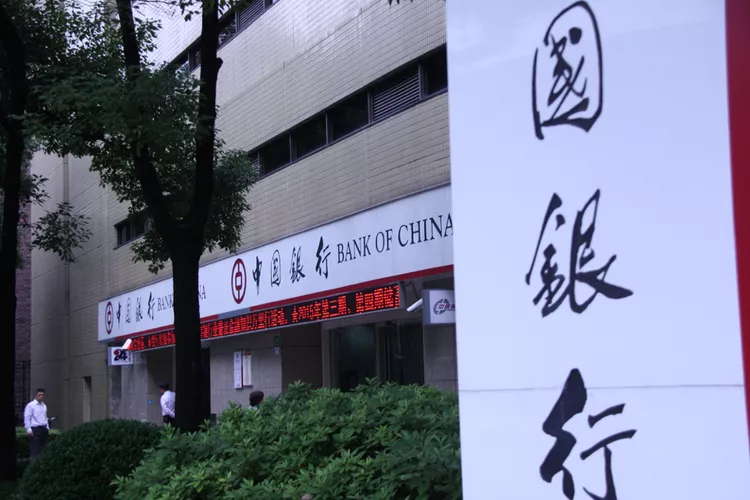1. Overview of Managing Money in China
Understanding how to manage your finances during your trip to China can greatly enhance your travel experience. This guide will cover essential aspects of currency exchange, ATM usage, tipping customs, and shopping strategies.
So how do you manage your money and foreign exchange during your trip to China?
In the past, travelers relied on traveler’s checks as a safe way to handle currency. You could hold on to the checks and redeem them as needed, often even after returning home. However, in today’s digital age, options like ATMs and credit cards have become far more viable and user-friendly.
Below, you will find everything you need to know regarding money management during your stay in China.
Changing Your Money
It’s important to know how much cash you’ll need while traveling. Consider exchanging some currency at the airport for immediate expenses, but also do your research; many taxis and convenience stores accept credit cards. Understanding how to exchange your currency for Renminbi, the official currency of China, is straightforward, and you’re unlikely to encounter any sudden surprises in rates since they are generally fixed.
Using Your ATM and Credit Card
China has transitioned into a more ATM and credit card-friendly environment over the last decade. In earlier times, finding an ATM that accepted international cards was challenging; however, they are now widely available. That said, be aware of your bank’s daily withdrawal limits, which may pose a slight inconvenience during your travels.
Chinese Currency – the RMB
The official currency of the People’s Republic of China is referred to by various names: RMB, kuai, yuan, and CNY. This means “The People’s Money,” and you will often see the iconic image of Chairman Mao as you navigate through your shopping in China. Familiarizing yourself with the denominations is essential for a seamless shopping experience.
Banking Hours and Holidays
One of the favorable aspects of banking in China is the convenience of access. Banks and post offices tend to have extended hours and are often open on weekends. However, it’s crucial to note that there are specific national holidays when banks will be closed, so plan accordingly to avoid surprises.
Tipping in China
Contrary to many Western customs, tipping is generally not customary in China. Service charges are often included, and while it may be appreciated in high-end establishments or by individual service workers, it’s neither expected nor required. However, if you feel inclined to tip, it can be a nice gesture.
Tipping During Organized Tours
On organized tours, however, tipping is expected. Drivers and guides typically rely on tips as part of their income, and failure to leave a tip may be perceived as a sign of dissatisfaction with their services. Consequently, it’s advisable to prepare for this aspect of your travel budgeting.
A Bargaining Guide to Shopping in China
When visiting tourist markets or so-called “fake” markets in China, be prepared to negotiate prices. Many items don’t have fixed prices, so vendors will often expect customers to bargain. Strengthening your negotiation skills on lesser-valued items can make a significant difference when it comes to scoring deals on more expensive treasures. Understanding the common myths and rules of bargaining in China will ultimately enhance your shopping experience.





